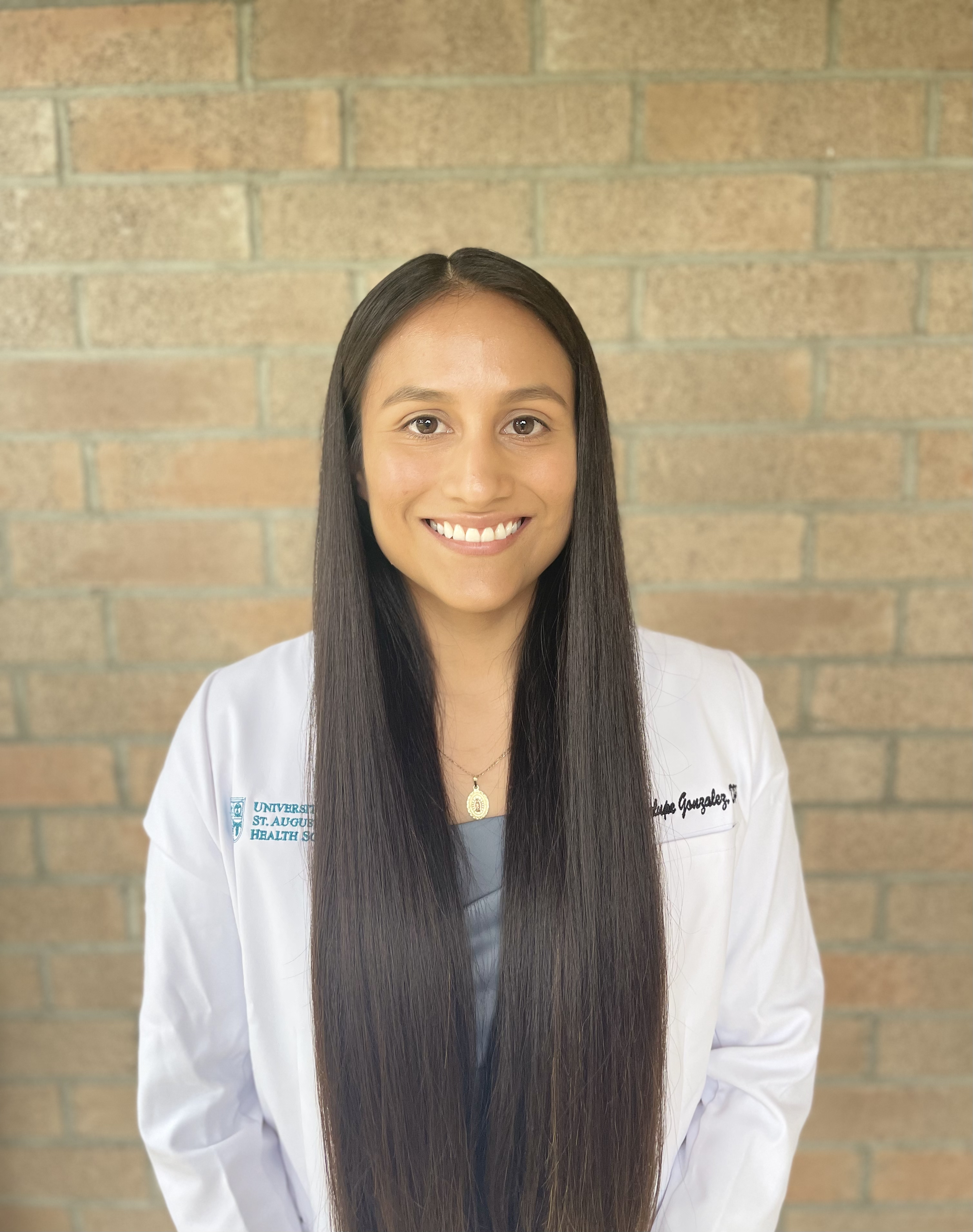Empowering First-Gen Mexican American SPTs: Increasing Pelvic Health Awareness & Building Competency
As a third-year student in physical therapy, I am embarking on a journey with as many cultural implications as academic and professional challenges. As a first-generation Mexican-American, my path into the world of mainstream pelvic health has been colored by my unique background and experiences. The purpose of this post is to shed light on the nature of this journey and to provide insight into how cultural identity can influence and enhance the use of physical therapy.
Growing up in a Mexican-American household, discussions of health and wellness were often intertwined with traditional practices and remedies. My family’s approach to health was holistic, valuing natural healing and emphasizing the importance of community and family support. As I became involved in physical therapy, specifically in pelvic health, I found myself reflecting on how to align my cultural heritage with contemporary medical practices.
Pelvic health specialty physical therapy often deals with the sensitive topics of pelvic pain, incontinence, past trauma, and sexual health—topics that can be particularly taboo in many Latinx communities. Guiding these conversations with sensitivity and respect has been my strategy and cornerstone. My situation has taught me the importance of understanding and respecting the cultural contexts in which these issues arise.
One of the most significant challenges I have experienced is breaking down stigma associated with pelvic health in my area. In general, some Latinx families do not speak about pelvic wellness as they have been shamed or due to cultural taboos. As a perspective physical therapist, it’s not only my place to care but be an advocate for civil discourse on these important matters.
The different way that I was raised, and my cultural background help me relate to patients in ways other practitioners cannot. Facets like this have helped me really understand the value of family support and community in Latinx culture, which then empowers me to introduce treatment programs that are relevant—and more importantly—work. Pelvic health influences emotional and psychological aspects of overall health, incorporating their cultural values can result in chrome healing village.
To end, my continuous path through pelvic specialty physical therapy is a testament to the strength of diversification in our field. I have been more deliberate in recognizing and incorporating my heritage into how I provide care, not just to make it count for something meaningful — but also so that I can learn better or add higher good qualities of treatment with patients. I aim to continue my journey in social media and use these platforms for raising awareness about how undervalued pelvic health truly is. I will focus on major diagnoses, signs and symptoms to observe for, conduct educational sessions & free screening through questionnaires. I have also made a pledge to stick with first-gen students pursuing their passion for entrepreneurship, such that they always come home and not experience inequity in major classes, as key myths may sometimes go unspoken about elsewhere.

Author Name: Guadalupe Gonzalez, SPT, MBL
Author Bio: Guadalupe Gonzalez is a third-year doctoral student at the University of St. Augustine for Health Sciences, Austin campus. Throughout her clinical rotations, she has observed a need for Spanish-speaking pelvic health specialist to bridge the gap between healthcare practitioners, continue increasing awareness, and building competency within our community with confidence.
Connect with Guadalupe on IG: @firstgenlatina.dpt


